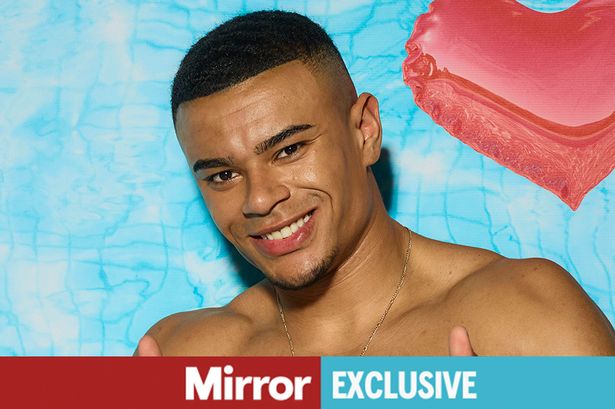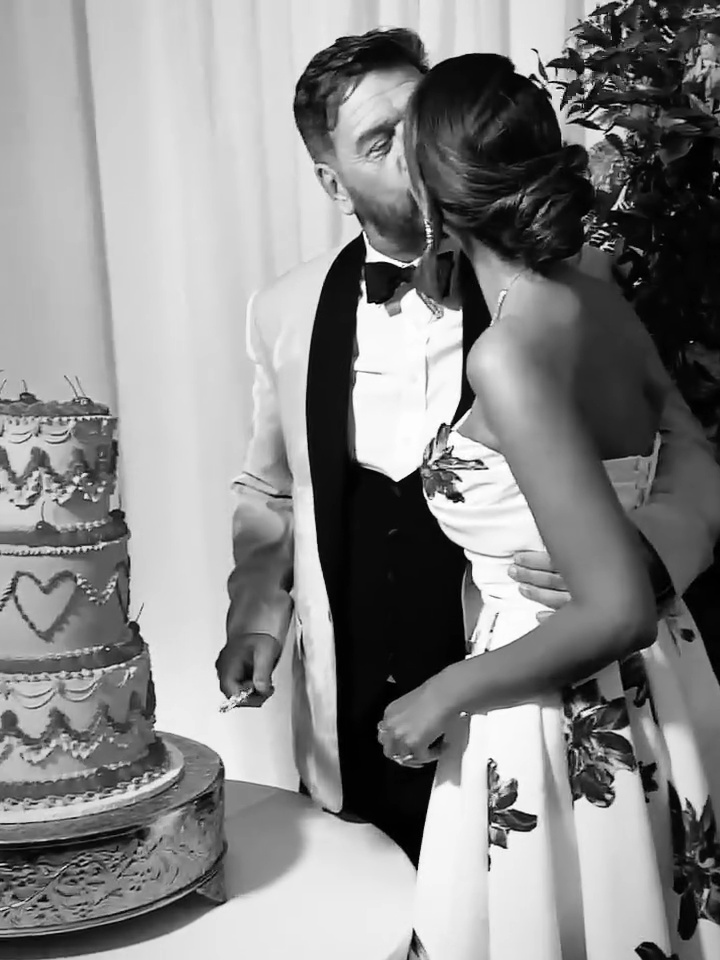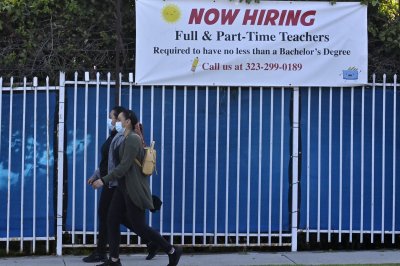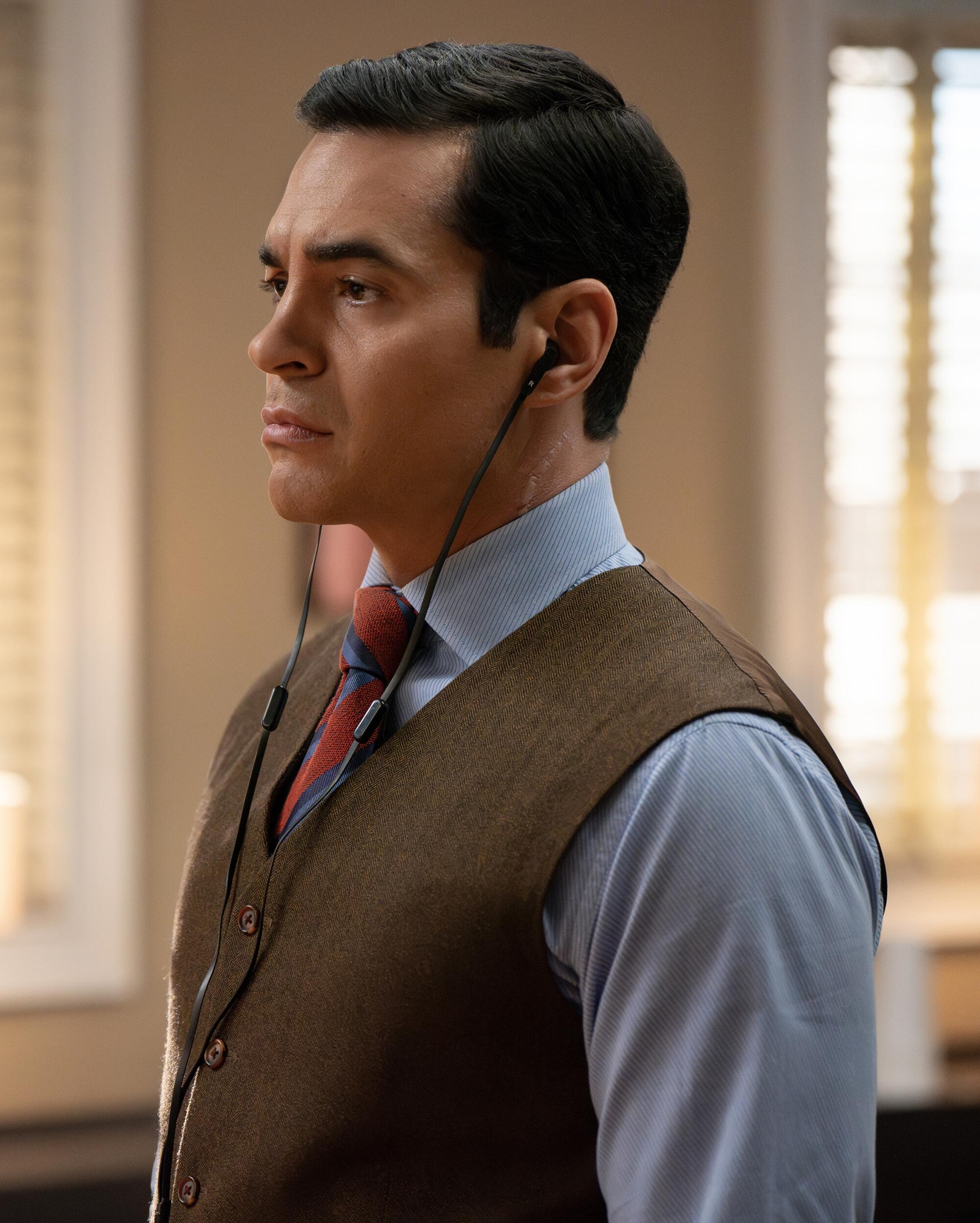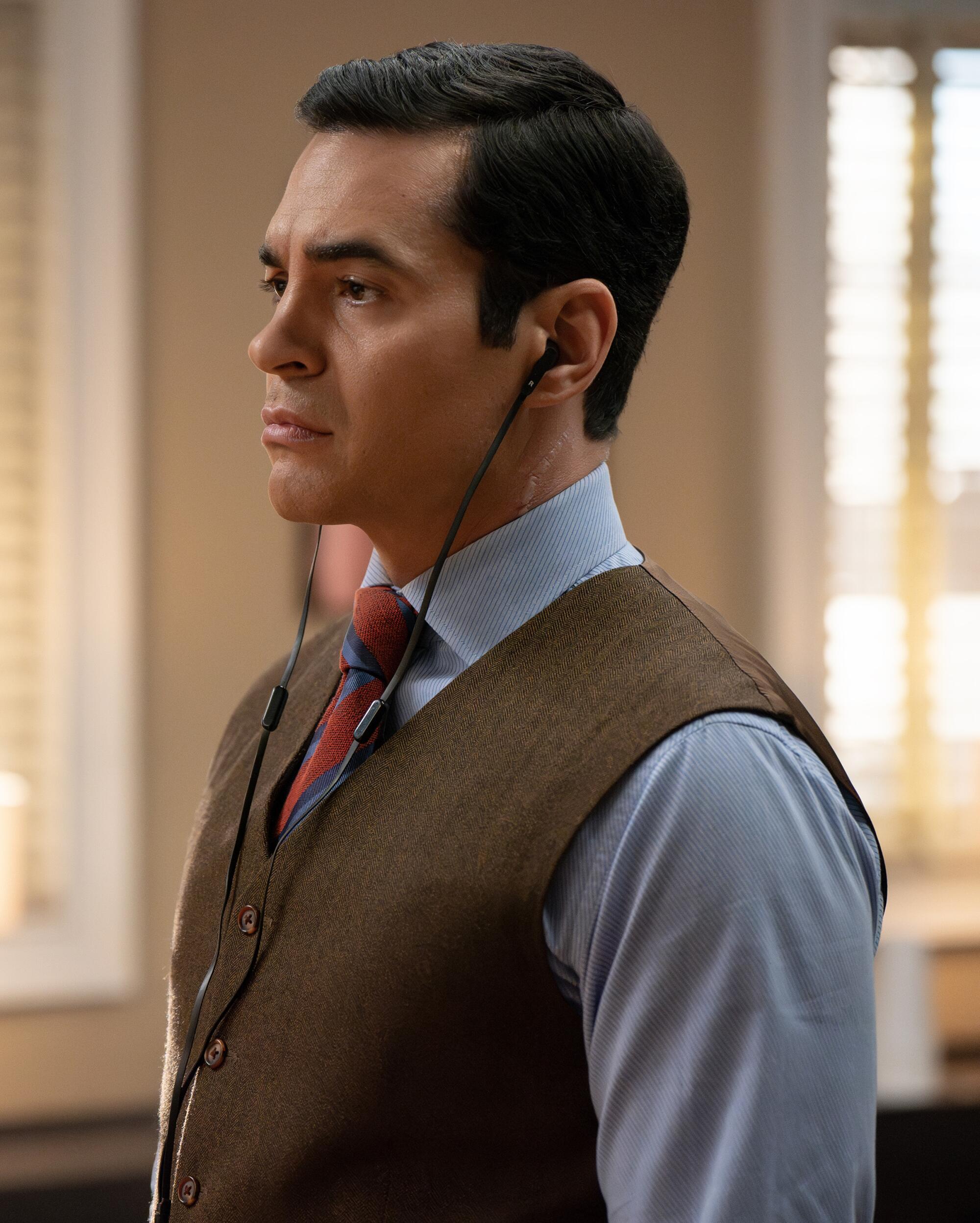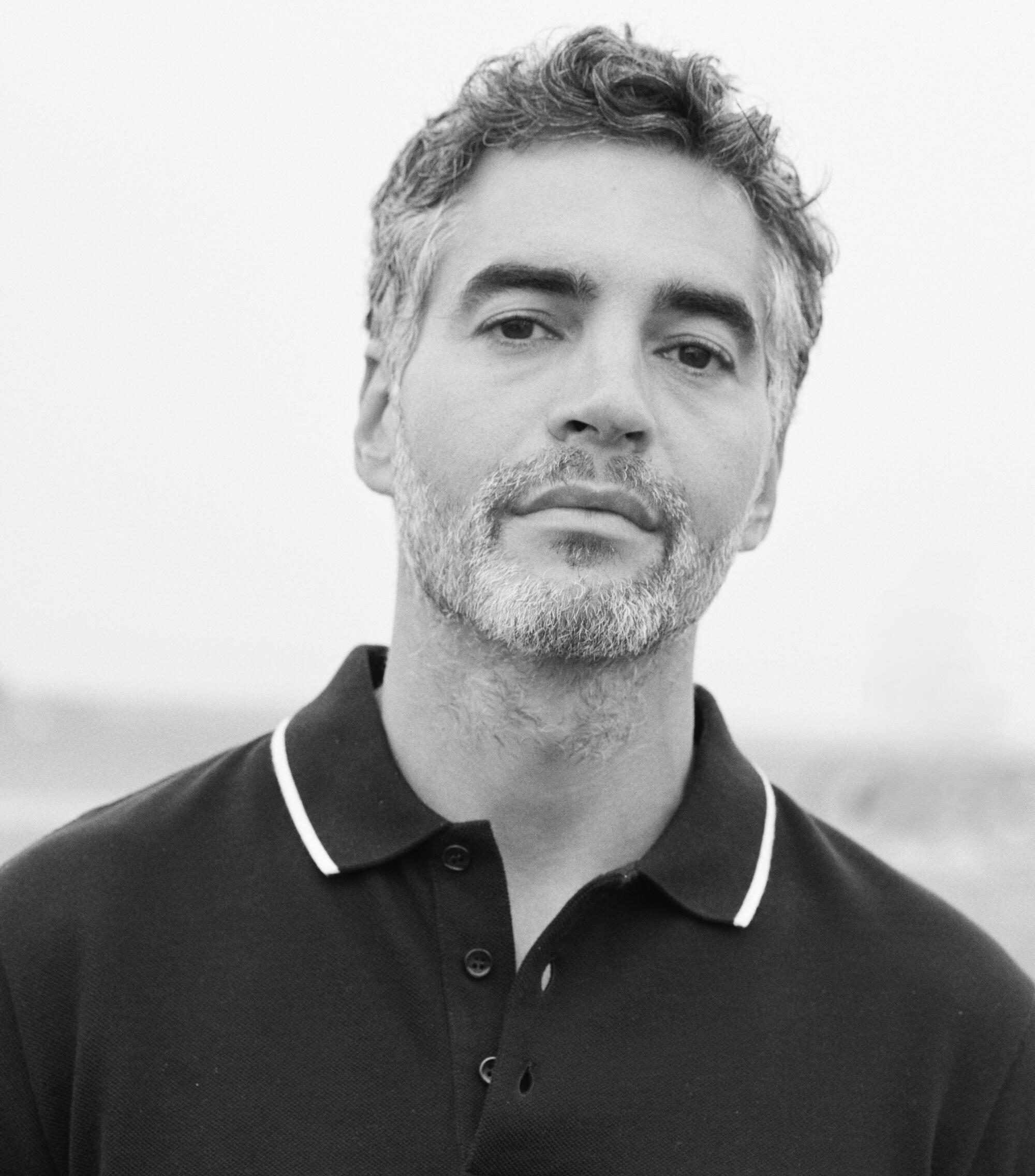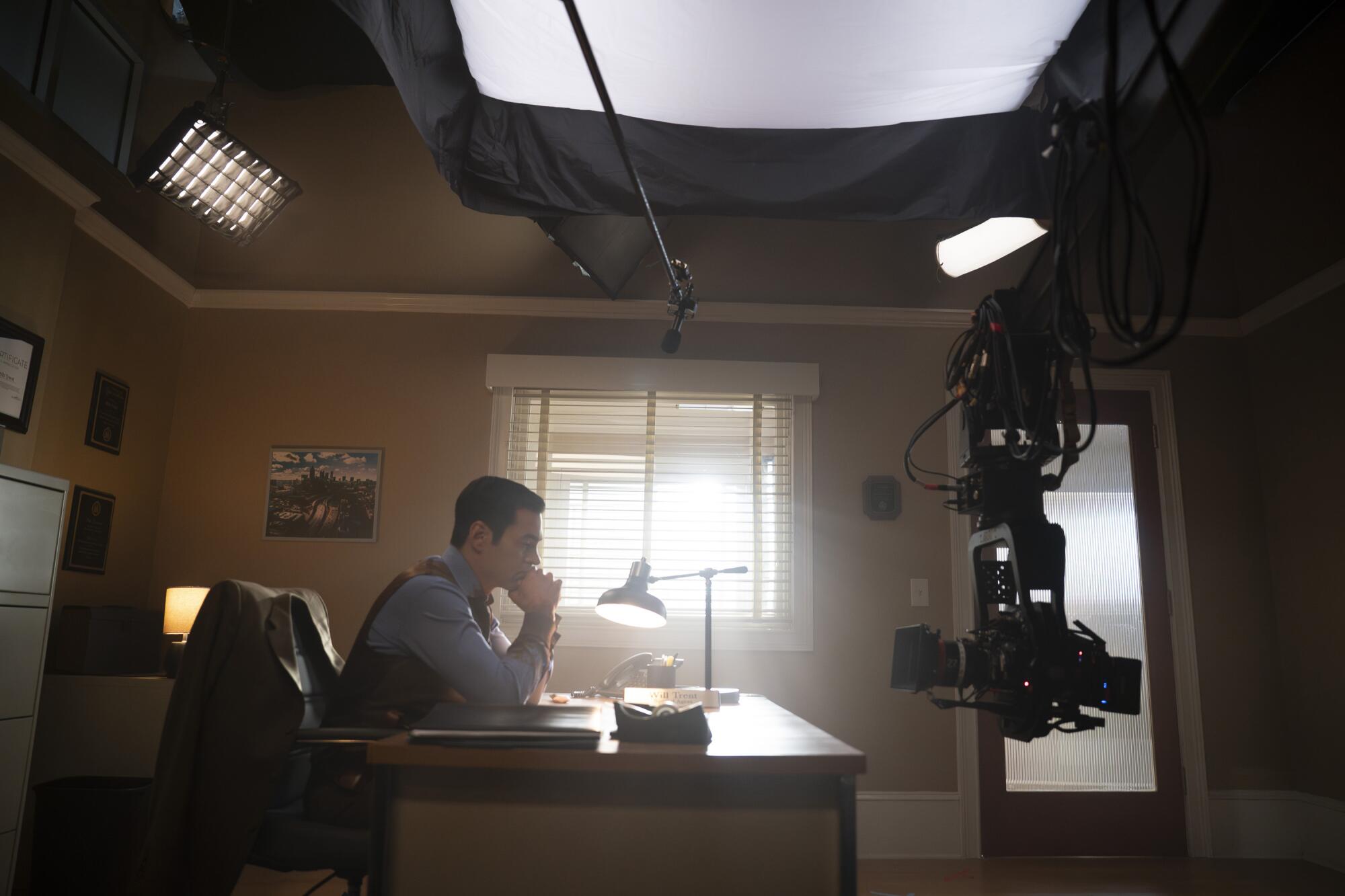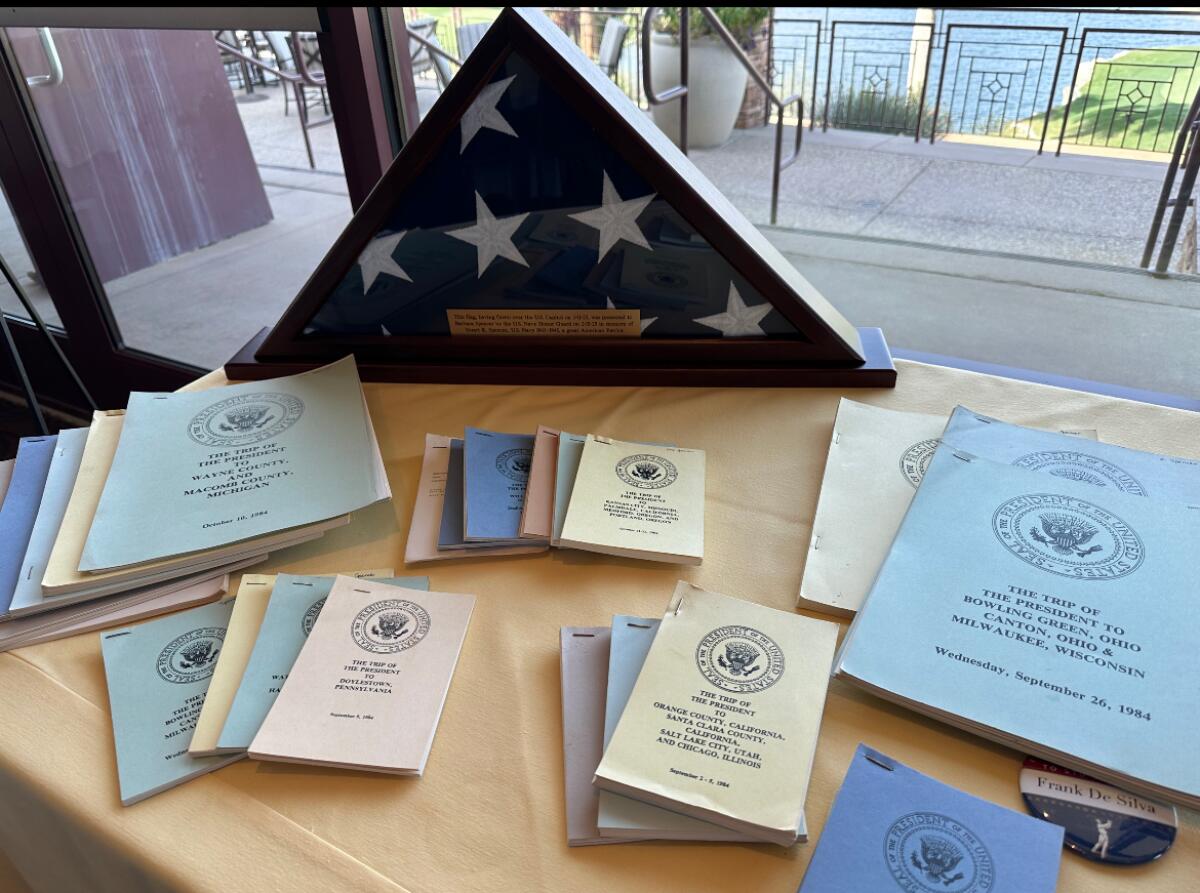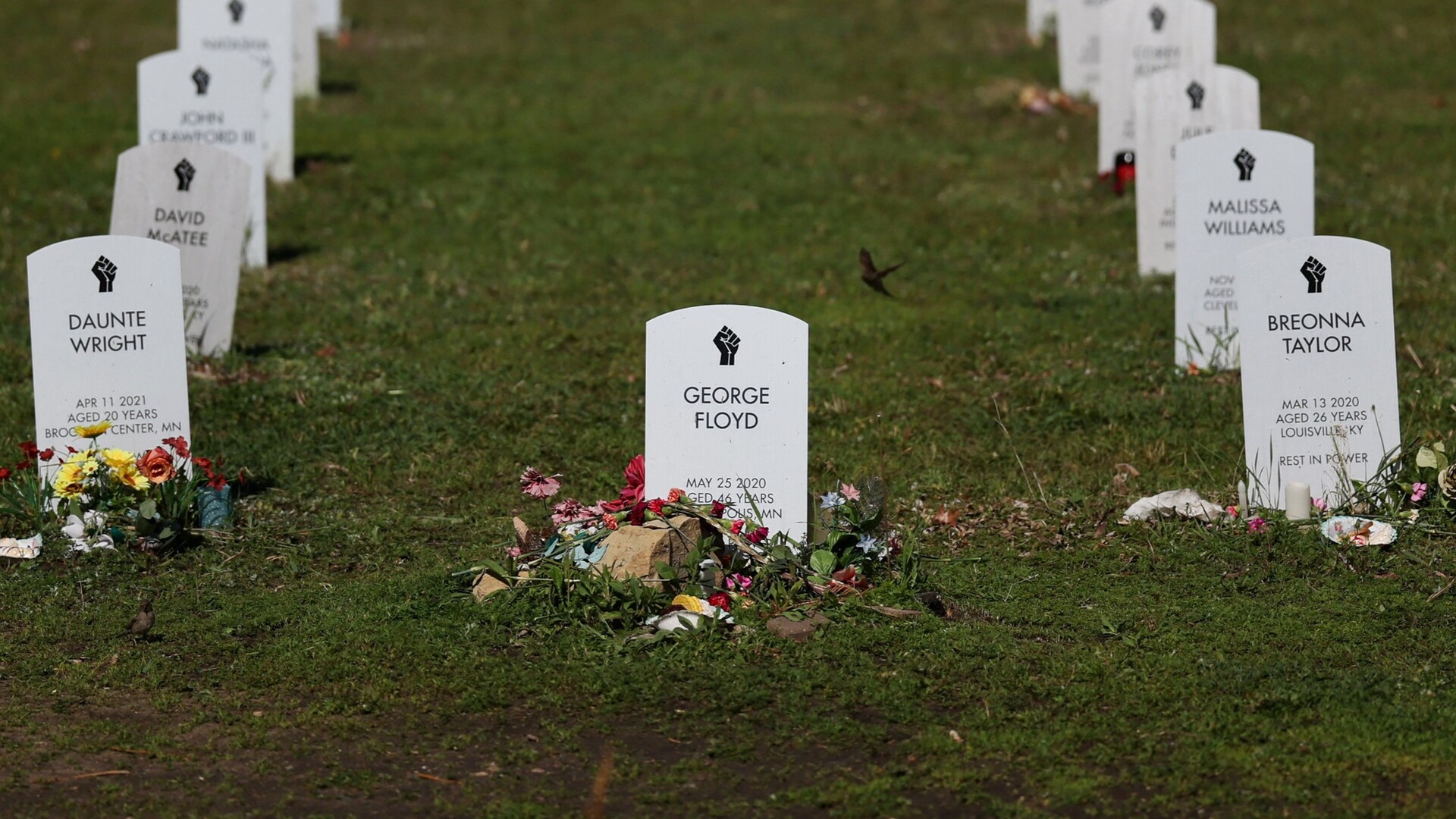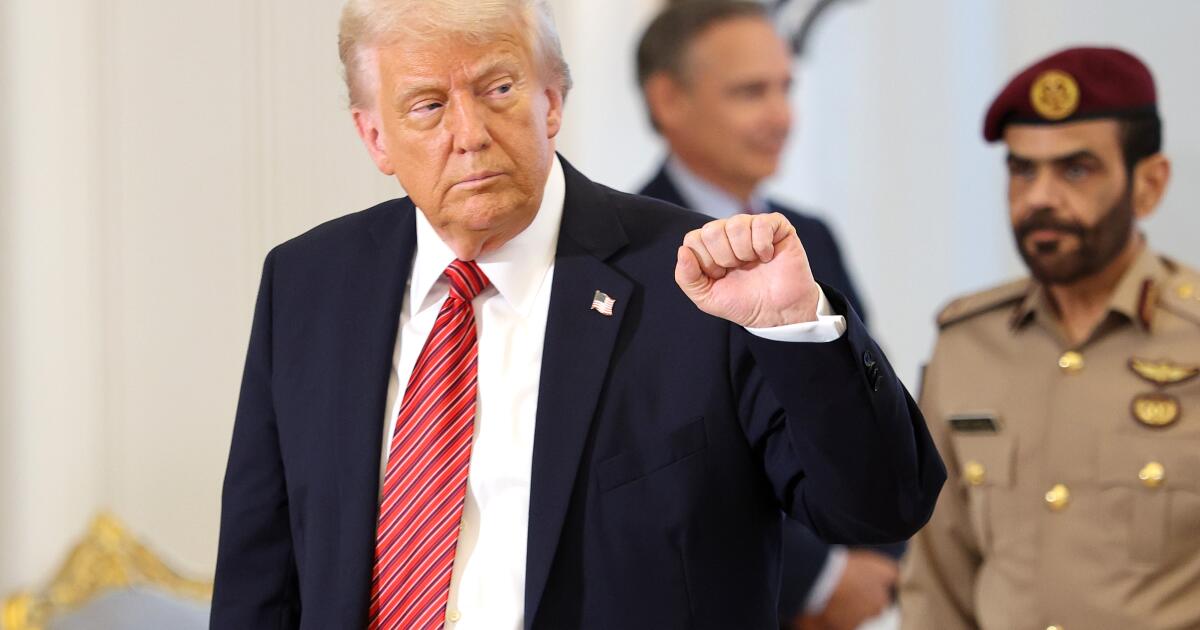ABC’s “Will Trent” is no ordinary police procedural.
“There’s a thousand cop shows,” said Ramón Rodriguez, who portrays the show’s main character, Will Trent. “How do you make this one stand out?”
The broadcast drama series, which also airs on Hulu, centers special agent Trent: a dapper investigator whose instinctual crime-solving skills render him essential to the Georgia Bureau of Investigation. But beneath the three-piece suit, there’s a more complex side to Trent, who navigates the residual trauma from being abandoned at birth and growing up in the Atlanta foster care system. He is also dyslexic.
“One of the exciting things when I came onto the show was not knowing where this character was from,” said Rodriguez, 45. “Trent was very much [written as] a colorless character.”
Born in San Juan, Puerto Rico, Rodriguez greeted me on a Zoom call from his present home in Southern California, while wearing a New York Knicks cap. Before “Will Trent,” he previously played the first main Hispanic character on the HBO series “The Wire,” and appeared in films such as 2009’s “Transformers: Revenge of the Fallen” and “G20,” a thriller featuring Viola Davis, which premiered April 10 on Amazon Prime Video.
Since the 2023 premiere of “Will Trent,” Rodriguez has molded his beloved character in many ways; he’s a hard-nosed detective with a mushy side, which is most evident in scenes with his pocket-sized chihuahua named Betty. Based on Karin Slaughter’s New York Times-bestselling novel series “Will Trent,” showrunners Liz Heldens and Daniel Thomsen organically tailored the titular role to reflect Rodriguez’s real-life Puerto Rican identity. It’s a major win for Latinos in an industry that otherwise lacks Latino-led programming.
“Once we run out of feeling fresh, creative, excited and inspired, then I think we start phoning it in,” said Rodriguez. “But that’s something I’m not interested in and I know my partners aren’t either.”
Rodriguez has taken on roles behind the camera as well. He directed “I’m a Guest Here,” the first episode of Season 3, which wrapped earlier this month; he was also named an executive producer. “I really wanted to be a part of the creative collaboration of creating this character in this show,” said Rodriguez.
When Season 3 dropped a bombshell regarding Trent’s biological father, it paved the way for a nail-biting Season 4, which was confirmed earlier this year.
This interview has been edited and shortened for clarity. It also reveals Season 3 spoilers.
In the books, Will Trent isn’t Puerto Rican, but this series is peeking into your own Puerto Rican identity. What are your thoughts on that?
It was a topic that they were curious about exploring. Where does Will come from as an orphan who grew up in the foster care system? Identity becomes a focal point for someone like that. Again [him being Puerto Rican] isn’t in the books, which is kind of exciting. We’ve been able to separate and say that the books are the books.
It wasn’t something that we were trying to sort of check a box and say, “Great, Will’s heritage is Puerto Rican.” It was a very organic explanation of this character discovering who he is.
When you were cast for the lead, did you ever picture the show as what it is today?
You never know what’s gonna work and why it’s gonna work. You don’t have control of a lot of things in this business. The one thing I do have control over is my work, what I can bring to it, what I try to do. This is the first time I’ve been on a show that’s gone on for this long from the pilot.
If you would’ve asked me that, is this gonna be the show that goes past one season? I probably would’ve said, “I don’t think so.” And it’s nothing against the show, you just don’t know. It took a minute for me to be fully convinced, but I’m so grateful that they were willing to continue having conversations with me and that they were really willing to have me on as a partner because that was important to me.
It doesn’t feel like the show hinges on those elements of identity. Why is it important to keep that balance in this procedural show?
[Solving cases is] another aspect of the show that I know audiences love. I just think the things that tend to pull our hearts to the things that are emotional and personal things, what someone’s struggling with or how are they overcoming it.
In Season 3, we have a really pivotal moment where Will accidentally shoots a bad guy, but ends up killing a young boy by accident. That case ended up changing the rest of the season — he was not able to recover from that event of having the boy die in his arms. That was Episode 11 and that will likely go into Season 4.
Your dog Betty also shines in Season 3. We get to hear her voice for the first time which happens during a fun hallucination scene. What was it like to film that episode?
That was two episodes after this tragic episode I just described, which is crazy, right? We wanted to mix levity and humor with our heavy drama and emotional stuff.
So as Will was entering this case that involved a cult, he gets caught undercover and in that process he gets drugged. Liz Heldens, one of our showrunners, had been dying to find a way to get me to dance on this show, and I was like “Listen: Will Trent is an awkward individual, he’s not someone that’s out here dancing.” She was like, “Well, what if that’s a hallucination?” I was like, “That’s brilliant!” Anything can happen while he’s tripping.
I remember I was walking on set and one of our production assistants, Tim, had read the script and said, “What if Betty talks?” So I pitched that to Liz and she topped it and went, “Well, what if Betty’s British?”
You made your directorial debut in Season 3. How was that experience for you?
I felt like a kid in a candy store. By Season 3, I really understood the character and what works with our show, where our strengths are. I just got to be me in certain scenes, because at the start of the [third] season Will has left the [Georgia Bureau of Investigation], he’s got a beard and he’s in a T-shirt, jeans and curly hair.
It was also fun to direct new cast members. We introduced Gina Rodriguez, who played Marion Alba, and Antwayn Hopper, who played Rafel Wexford. Which was really fun. I’d be like: “No notes.” [Laughs.]
Will you be directing in Season 4?
I will definitely be directing at least one episode next season. It makes the most sense for me to direct the premiere as I did this past season. I love that pressure of having to set the bar for a season.
What can audiences expect for the upcoming season?
We’re about to begin these serious conversations. There were some pretty serious cliffhangers at the end of Season 3, where we find out Angie Polaski (Erika Christensen) is pregnant, and Will is definitely not the father, so that’s gonna be something to explore. Amanda Wagner (Sonja Sohn), who is a maternal figure for Will, is in the hospital bed. We just discovered his dad, [Sheriff Caleb Roussard], which we don’t know too much about, so I’d want to know more about the character and what happened with the mom. There’s just so many questions that we will get to explore — I mean, is there new love in Will’s life?
